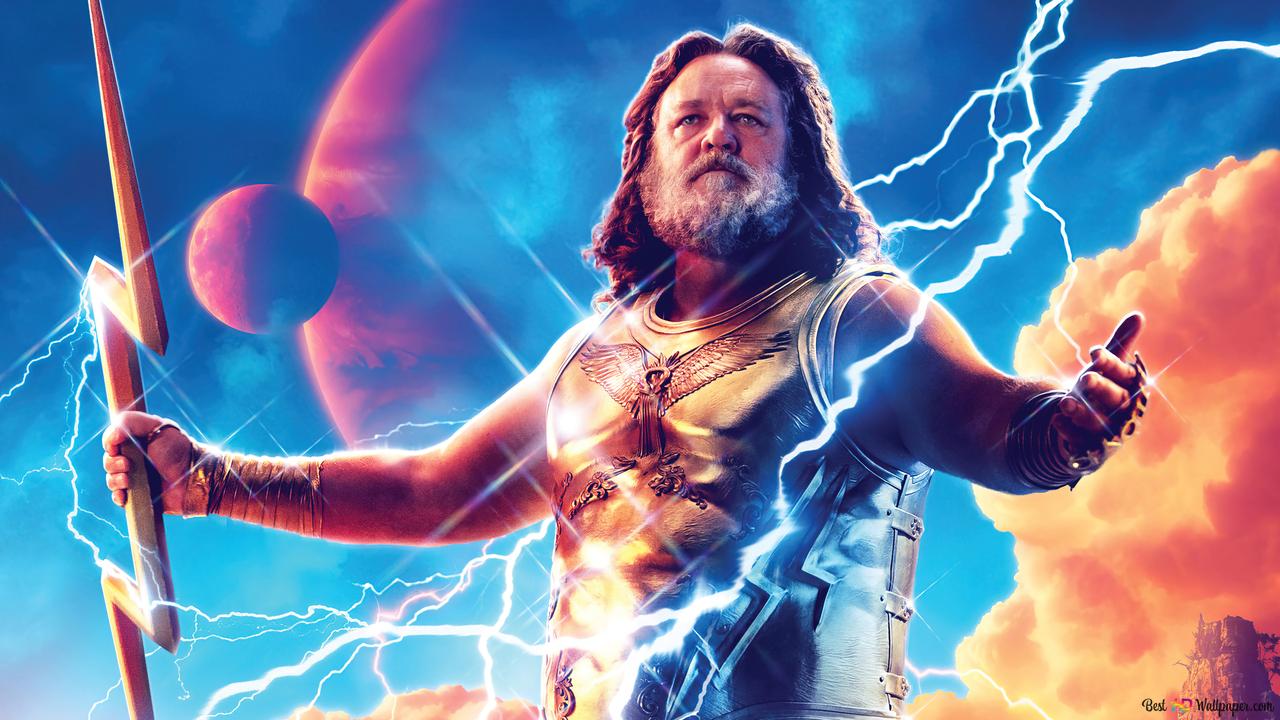
when Horror Yearbook – Zeus is often portrayed as the wise and powerful ruler of Mount Olympus. But beneath the thunder and glory lies a story of manipulation and fear. From the moment he overthrew Cronus, Zeus shaped Olympus through control and intimidation. He distributed roles among the gods not with fairness but with strategic intent. His rule was marked by an obsession with authority. Instead of harmony, fear kept the gods in line. His judgments often favored his own desires rather than justice. Tales from ancient Greece reveal patterns of revenge, punishment, and forced submission. Even his allies understood that crossing Zeus came with brutal consequences. While history has remembered him as a god of justice and order, many of his decisions were made to secure dominance. Behind the crown and lightning bolts was a ruler whose power came from fear, not love or loyalty.
The stories about Zeus are filled with disturbing encounters with women. Zeus used his power to pursue countless mortals and goddesses, often without consent. He changed form, deceived, and manipulated to get what he wanted. Many of these stories show him as someone who disregarded the will of others. Even Hera, his wife, suffered from his constant betrayal. The pain she carried turned into jealousy, which she often directed at his victims instead of Zeus himself. These myths show a troubling pattern of dominance and disrespect. Ancient tales may have glorified these actions, but looking at them today reveals a darker truth. Zeus did not act like a protector. He forced his will upon others, with little care for their freedom or dignity. Despite being called the king of gods, his actions reveal a side of him that lacks compassion. Zeus, as seen through these myths, was far from heroic.
“Read about: The Dark Side of Hercules: A Hero with Secrets No One Dares to Tell!”
Zeus was not a fair judge. While ancient mythology paints him as the bringer of justice, his decisions often reflected bias. He punished those who opposed him but ignored the wrongdoings of those he favored. Prometheus suffered eternal torment for giving fire to humans, a gift that helped civilization grow. Yet Zeus viewed this as a threat, not a gift. His punishment was not about justice, but control. He also threw Hephaestus from Mount Olympus simply because of a perceived insult. Many who disobeyed him faced severe consequences, even if their actions were just. The law Zeus enforced served his ego more than the greater good. Loyalty to him mattered more than truth. His version of justice was unpredictable and cruel. It kept everyone guessing, forcing them to serve in silence. In many ways, Zeus ruled not with wisdom, but with the fear of divine wrath cloaked as justice.
Life on Mount Olympus was not peaceful under Zeus. The gods followed him out of necessity, not trust. Many feared his rage and unpredictable mood. Unlike a leader who inspired unity, Zeus built a kingdom based on fear and punishment. Disputes among gods were often ignored or worsened because of his favoritism. Even his own children did not feel secure. Ares and Athena both faced his disapproval despite their loyalty. His quick temper created tension throughout the divine realm. Stories of his thunderbolts striking in anger were told not just to mortals, but whispered among gods. Silence was safer than truth. The Olympus people imagine was less a paradise and more a throne room of fear. The darker stories of Zeus suggest a reign based on insecurity. Control, not care, defined his leadership. He held the throne, but he did not earn the trust of those who stood beside him.
“Read more: Drivers Are Ditching Sensors for This Genius Laser Parking Hack!”
Today, scholars and readers are rethinking how Zeus is portrayed. His image as a noble king no longer fits modern values. Readers now question the stories that once praised his power. Instead of admiring him, people now look at how his actions harmed others. Artists and writers reinterpret his myths through a lens of accountability. Museums, books, and schools explore both the glory and the cruelty in his stories. This shift does not erase his role in mythology, but it offers a more balanced view. Instead of blind praise, there is thoughtful reflection. People now see Zeus as a complex figure, not a flawless god. He was powerful, yes, but also flawed. His legacy changes with every new analysis. And through this modern lens, the truth becomes clearer. The god once feared for his power now faces judgment from the world he once ruled through myth and fear.